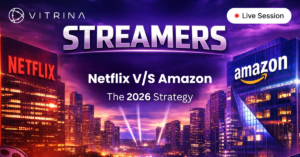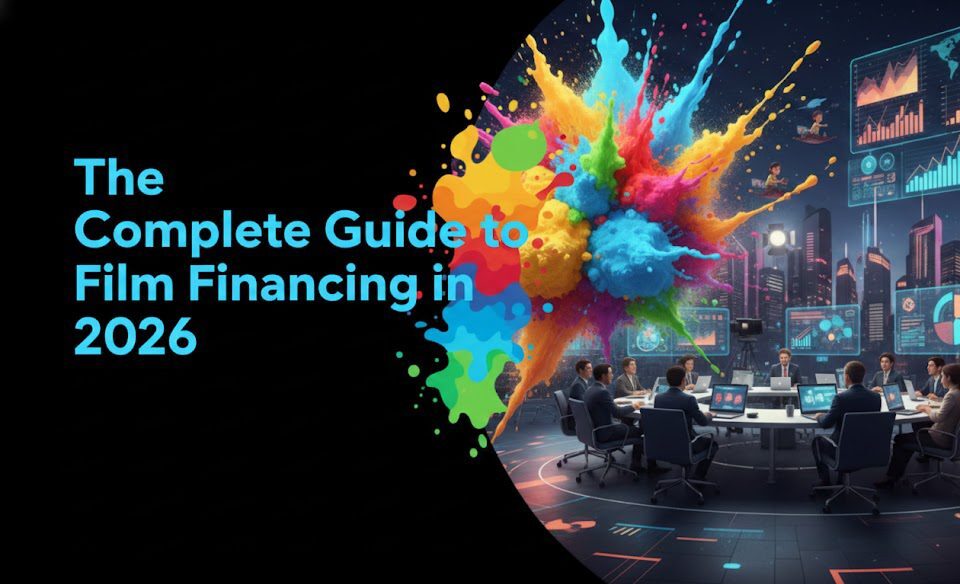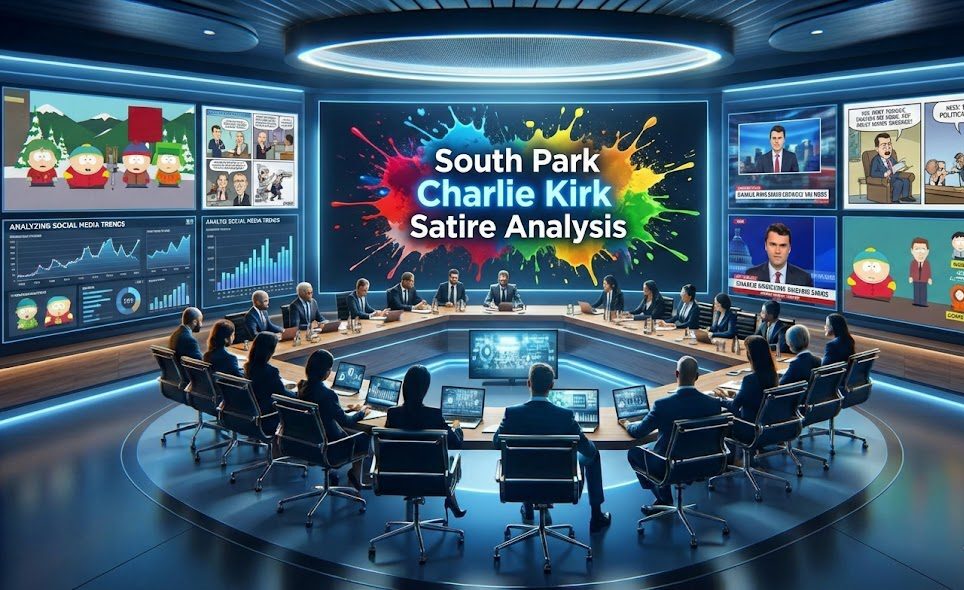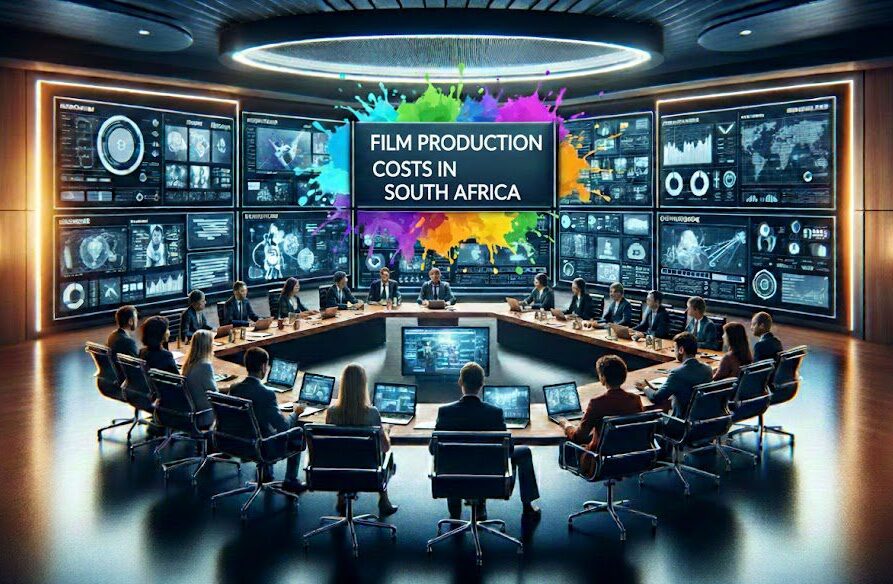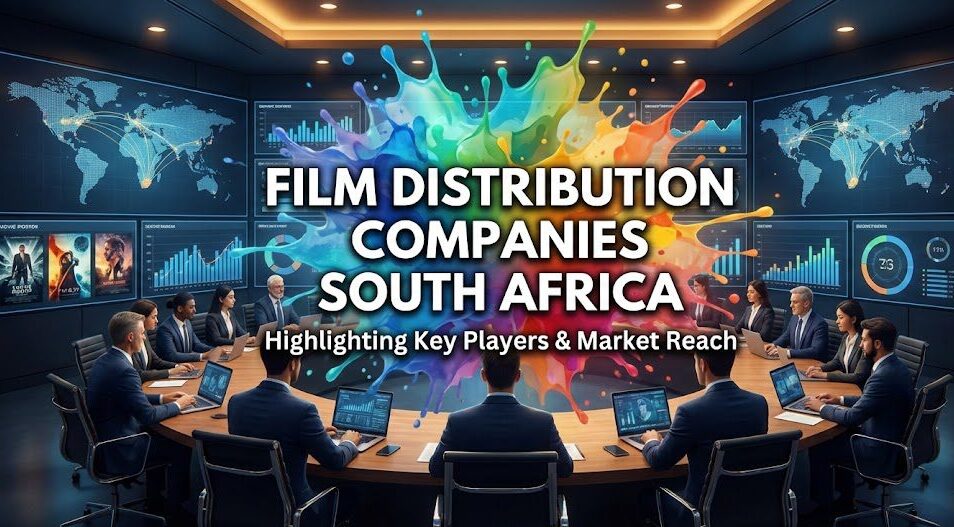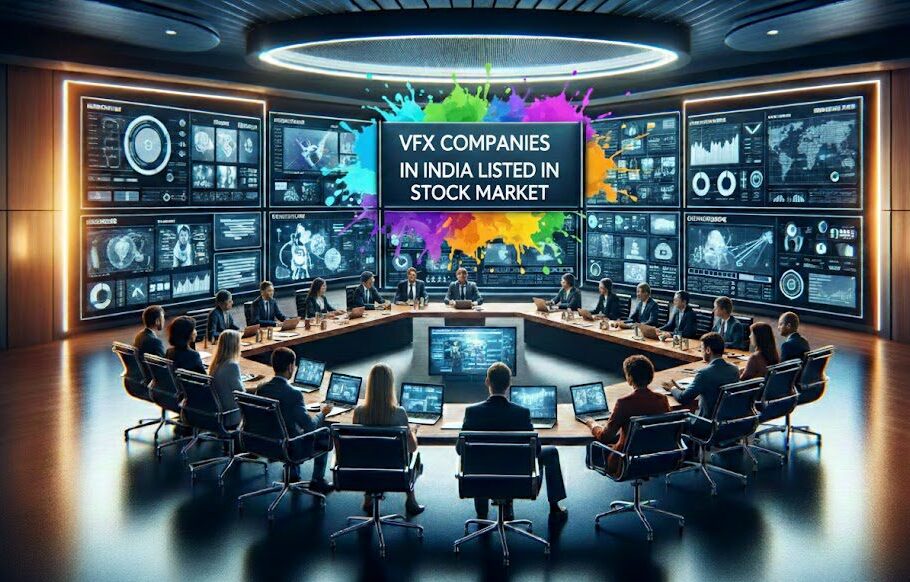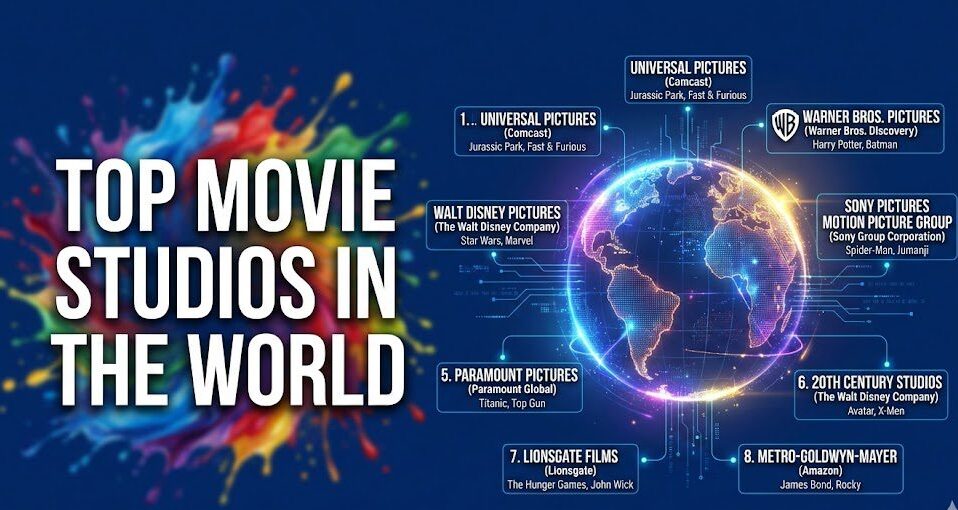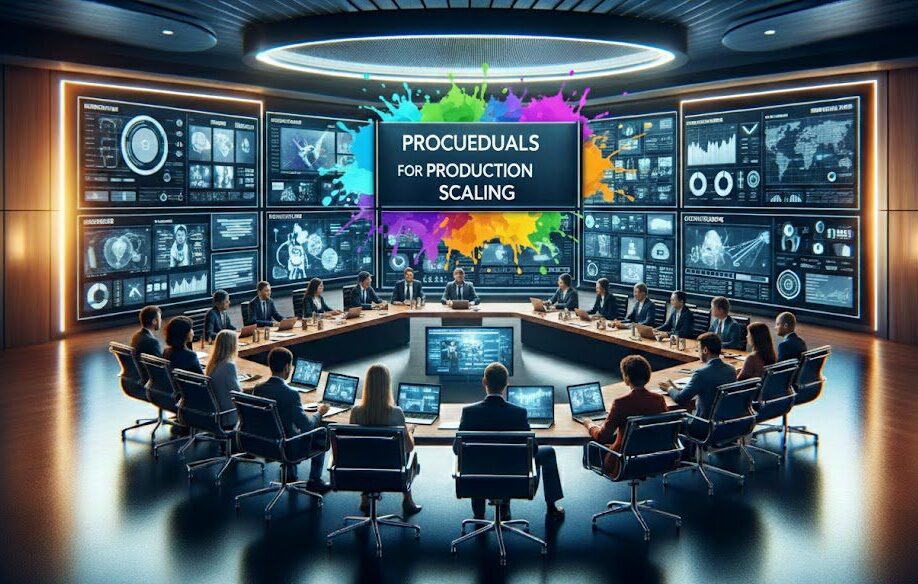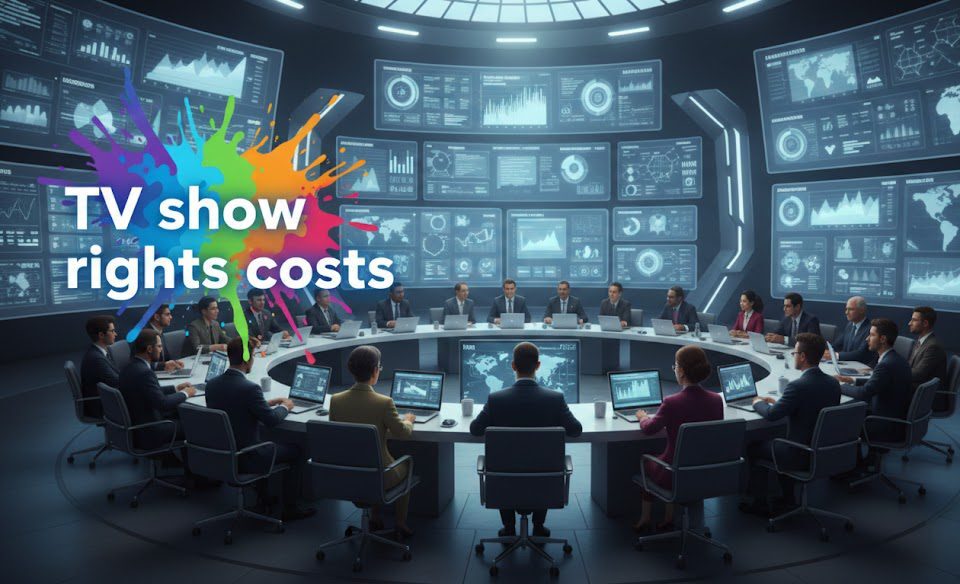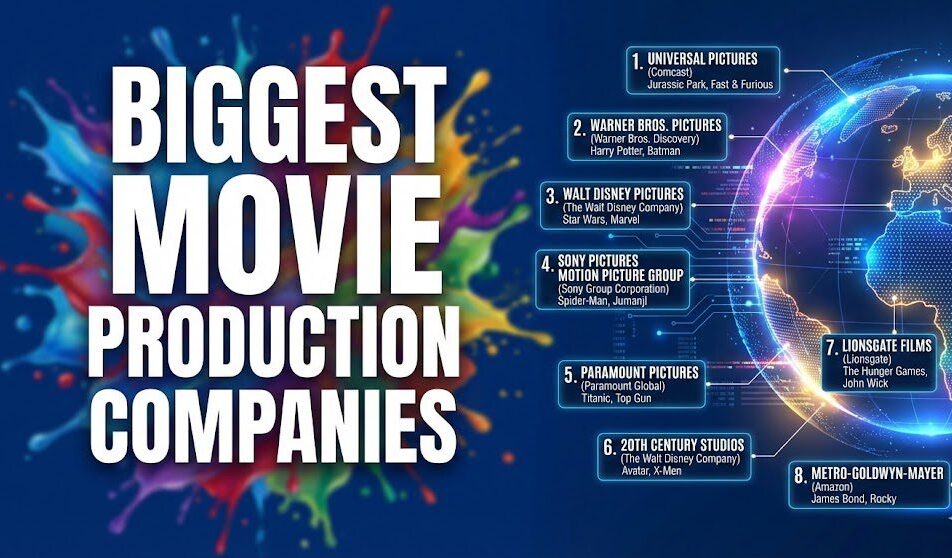Introduction
In the world of Film & TV, “commissioned content” plays a crucial role in shaping what audiences see on screen. But what does commissioned actually mean in this context? Whether you’re a producer, content creator, or industry professional, understanding how commissioned projects work can give you a competitive edge.
In this guide, we’ll break down everything you need to know about commissioned content, from how it works to who is involved and why it’s a key part of the entertainment industry. By the end, you’ll have a clear grasp of:
✅ What “commissioned content” means in Film & TV
✅ The different types of commissioning models used by broadcasters and streamers
✅ How production companies and creators secure commissioning deals
✅ The key players involved and their roles
✅ Challenges in securing a commission
✅ How Vitrina helps production companies, distributors, and vendors navigate the commissioning landscape
Table of content
- Introduction
- What is Commissioned Content?
- How Commissioning Works in Film & TV
- Types of Commissioned Content
- Who Commissions Content?
- Key Players in the Commissioning Process
- Benefits of Getting Commissioned
- Challenges in Securing a Commission
- How Vitrina Helps with Commissioned Content
- Key Takeaways
- FAQs
Get Your Project Commissioned with Vitrina

Types of Commissioned Content
📌 Fully Funded Commission – The broadcaster or streamer covers the entire production cost and retains all rights.
📌 Co-Production – Two or more entities (e.g., a broadcaster and a studio) share the production cost and rights.
📌 Deficit Financing – The network funds part of the project, and the producer covers the rest, often selling international rights later.
📌 Presale Commission – The project is financed before production starts, securing a distributor in advance.
Who Commissions Content?
✔️ Broadcasters – BBC, HBO, NBC, Channel 4
✔️ Streaming Platforms – Netflix, Amazon Prime Video, Disney+
✔️ Production Studios – Warner Bros., Universal Pictures
✔️ Government & Film Bodies – BFI, Screen Australia, CNC France
Key Players in the Commissioning Process
🎯 Commissioning Editors – Review pitches and select projects.
🎯 Producers – Oversee production and ensure creative alignment.
🎯 Financiers & Distributors – Help fund and distribute content.
🎯 Writers & Directors – Bring the vision to life.
Track Commissioned Projects with Vitrina

Benefits of Getting Commissioned
✅ Guaranteed Funding – Reduces financial risk for producers.
✅ Distribution Security – Ensures the content reaches a wide audience.
✅ Creative Support – Leverages industry expertise.
✅ Stronger Market Position – Builds credibility and future opportunities.
Challenges in Securing a Commission
🔹 High competition
🔹 Stringent creative control
🔹 Lengthy negotiation processes
🔹 Need for strong industry connections
How Vitrina Helps with Commissioned Content
Vitrina simplifies the commissioning journey by:
🚀 Helping production houses find and connect with commissioners
🚀 Providing insights into what platforms are looking for
🚀 Offering competitive intelligence on which projects are getting commissioned
🚀 Giving access to key decision-makers and their contact details
With Vitrina’s Global Film+TV Projects Tracker, you can stay ahead of commissioning trends, track deals, and discover new opportunities.
Key Takeaways
✔️ Commissioned content is backed by broadcasters, streamers, or studios.
✔️ The process includes pitching, funding, production, and distribution.
✔️ There are various commission models, including fully funded and co-productions.
✔️ Vitrina helps professionals connect with commissioners and stay informed on industry trends.
Frequently Asked Questions
Submit a compelling pitch deck to networks, streamers, or production companies, highlighting unique story elements.
Yes! Many platforms, like Netflix and Amazon, commission indie films based on unique storytelling.
It depends on the agreement. Some platforms retain full rights, while others allow co-ownership.








